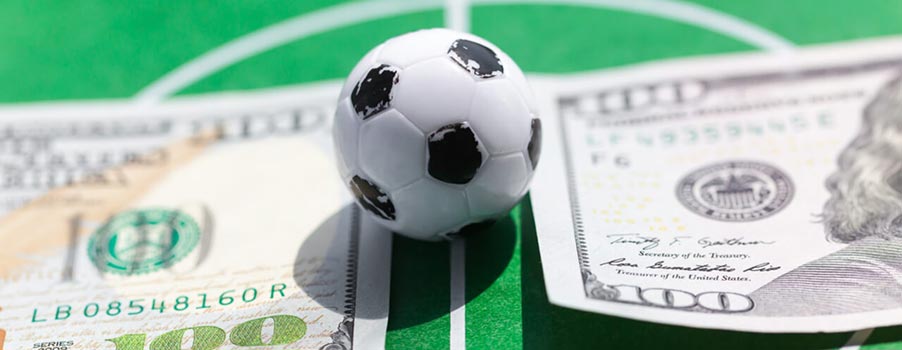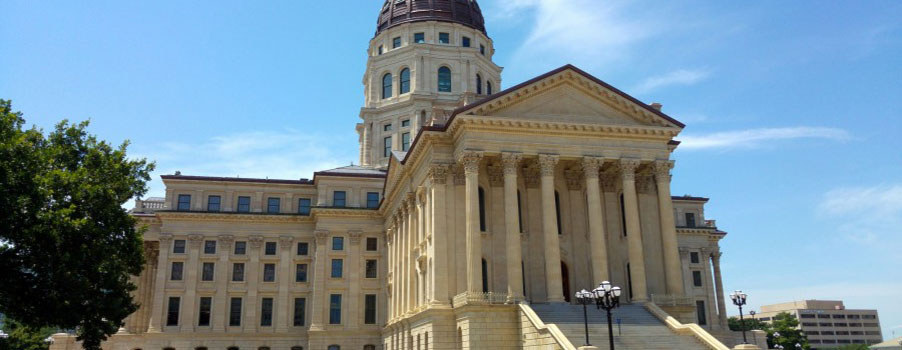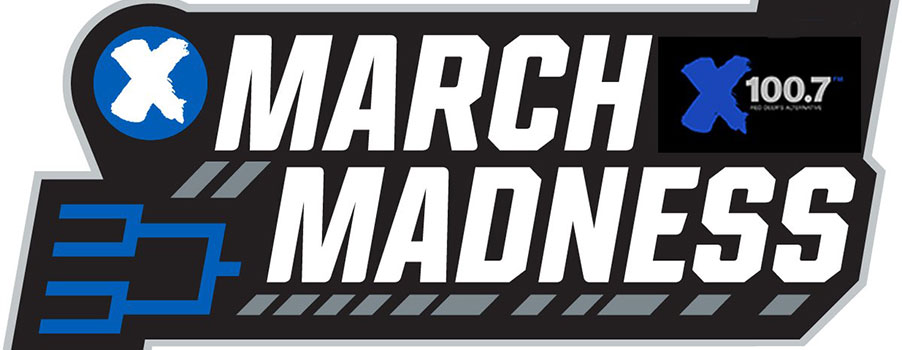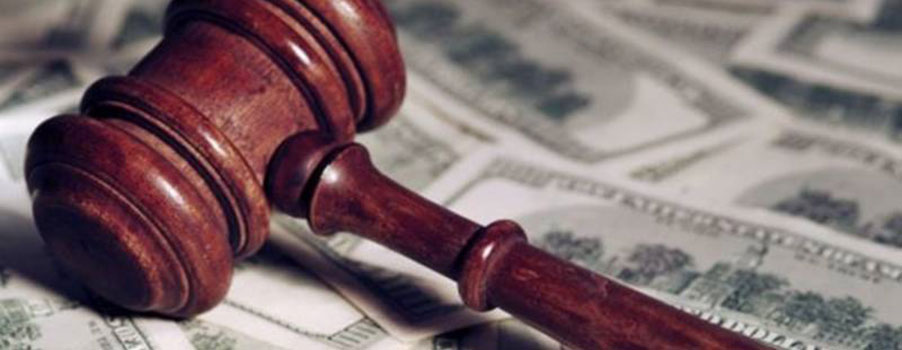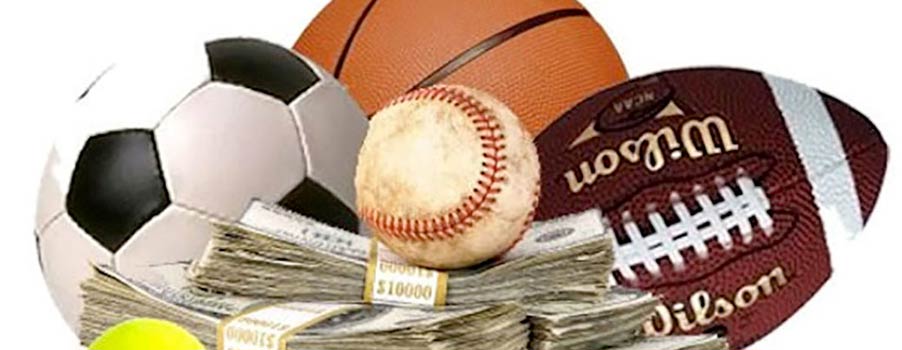According to Steve Phelps, the NASCAR president, the series plans to implement guidelines in the rulebook on sports wagering next year. This announcement came in the past weekend when Dover International Speedway opened its on-site sports betting kiosk during the past weekend thus becoming the only track that allowed sports gambling on its property.
As it stands, NASCAR even allows it drivers and team members to bet on the race, something that certainly represents an interesting dynamic but is likely to change in one way or the other when the sports betting regulations are implemented in 2019.
“I think for 2019, we’ll have some rules that we’ll put in place,” Phelps commented on Sunday at Dover. “For right now, there’ll be betting here. They have a kiosk here, you can bet inside. We’ll study and see how that goes, but I think we’ll have some rules in place for sponsorship, for what betting looks like, and continue to see what happens in the landscape overall.”
The on-site sports betting kiosk at Dover International Speedway opened at 9 a.m. with a modest line NASCAR and gambling fans forming to find out more about the new offering and to hopefully cash in – most of the questions that were raised were about the NASCAR prop bets. More specifically, many of the bettors wanted to know it the stage cautions count toward the total number of cautions. As it turns, they do not – only the crash and debris cautions will count.
So far, everything seems to have picked up quite well for NASCAR, the state of Delaware as well as sports betting and horse racing at Dover. In fact, according to the general manager and senior director horse racing and sports betting at Dover Downs, John Hensley, more prop bets were offered in the last weekend when compared to what had been recorded for the average race.
New Hope for NASCAR?
NASCAR is hoping to rejuvenate the sport in the wake of the May U.S. Supreme Court ruling that abolished PASPA and lifted the federal ban on sports betting. Promoters at a number of NASCAR tracks across the country are hopeful that with legal sports wagering, NASCAR will be able to keep its declining fan base by giving them more reason to stick around. The idea is also to attract new fans who will then be given a reason to invest both emotionally and financially (through such things as bets) in the budding careers of future NASCAR stars such as Bubba Wallace, Ryan Blaney, and Austin Dillon.
Chris Powell, the president of Las Vegas Motor Speedway, considers legal betting on NASCAR activities as “manna from heaven,”:
“It very well could be a shot in the arm to NASCAR, and other forms of motorsports, because it could add a new element of excitement – whether it’s wagering on who’s going to win, or who’ll win the first segment, or a one-on-one bet, just like in golf, where it might be Bubba Watson against Tiger Woods.”
As of now, a number of betting options, auto racing included, are being offered at Dover Downs and Dover International Speedway with the betting lines being supplied by renowned bookmaker William Hill.



